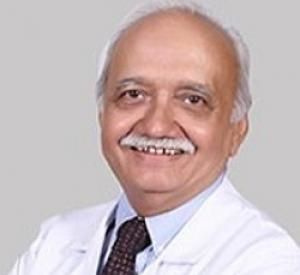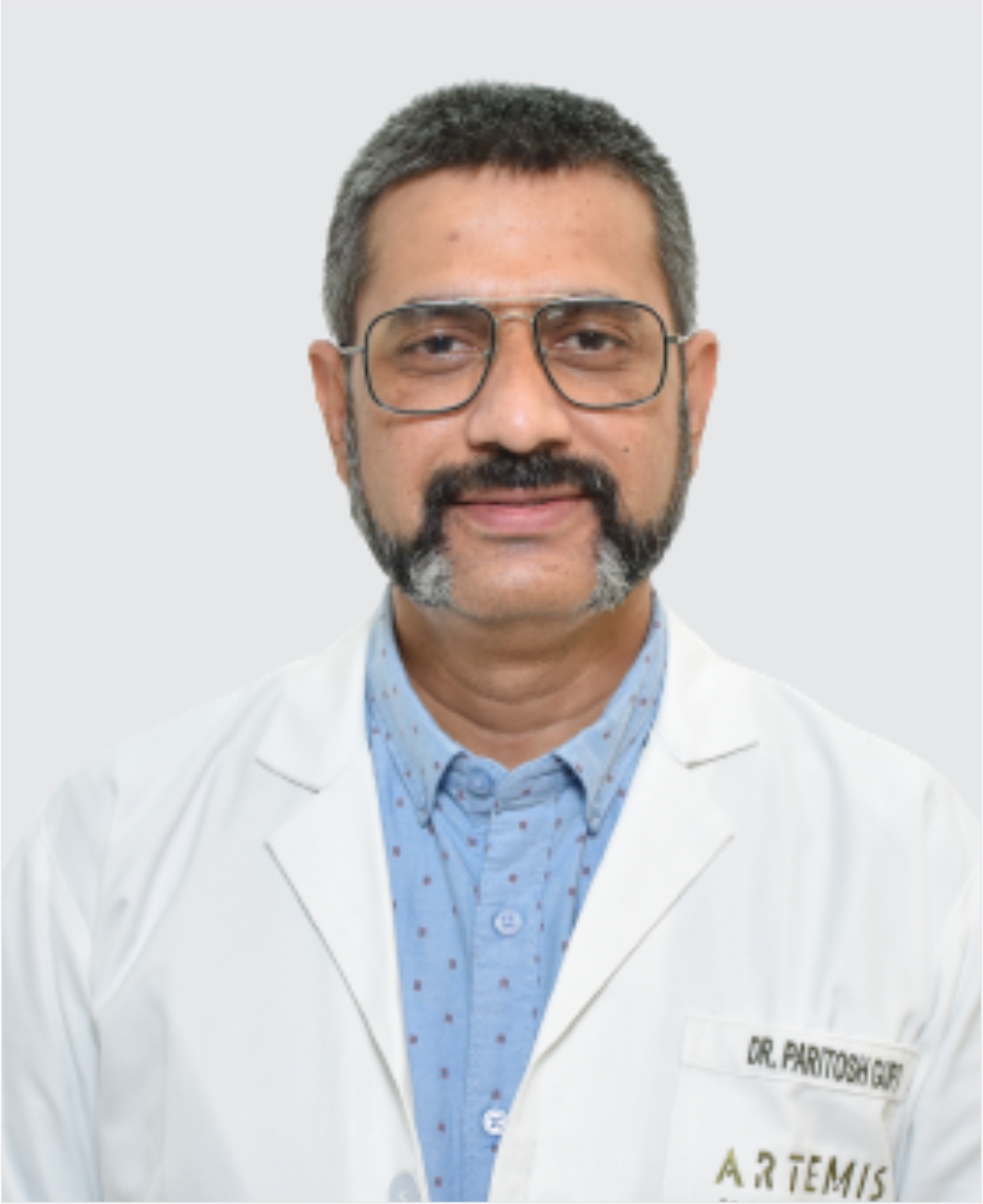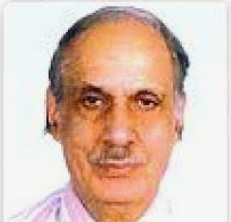Diagnosis
1. Patient history
Your physician will conduct the diagnosis of Laryngopharyngeal reflux disease (LPRD) by asking you questions about your condition. All your symptoms of pain, discomfort and acid reflux need to be mentioned to your doctor. Symptoms of irritation, swelling in the throat and discomfort at the back of the vocal cords can give a complete picture of your condition.
2. Clinical examination
A physical examination helps rule out other causes of the reflux. With the help of a clinical examination, your physician can identify any structural abnormality that is causing the reflux or any other dietary habits that could be the cause.
3. Investigations
Three common investigations are conducted to diagnose Laryngopharyngeal reflux disease (LPRD).
a. Barium swallow
You will be made to drink a special liquid known as barium. This coats your inner linings of the pharynx, oesophagus, stomach and intestines. An x-ray image is taken after you drink the liquid barium. The x-ray shows an outline of the entire system and allows the doctor to see the food pass through the digestive system.
b. Endoscopy
An endoscope with a camera on one end is inserted into the stomach through the oesophagus. This helps visualize the insides of the pharynx, oesophagus and stomach.
c. Oesophageal pH
The oesophageal pH test is a test to measure and record the pH levels in the oesophagus.


























